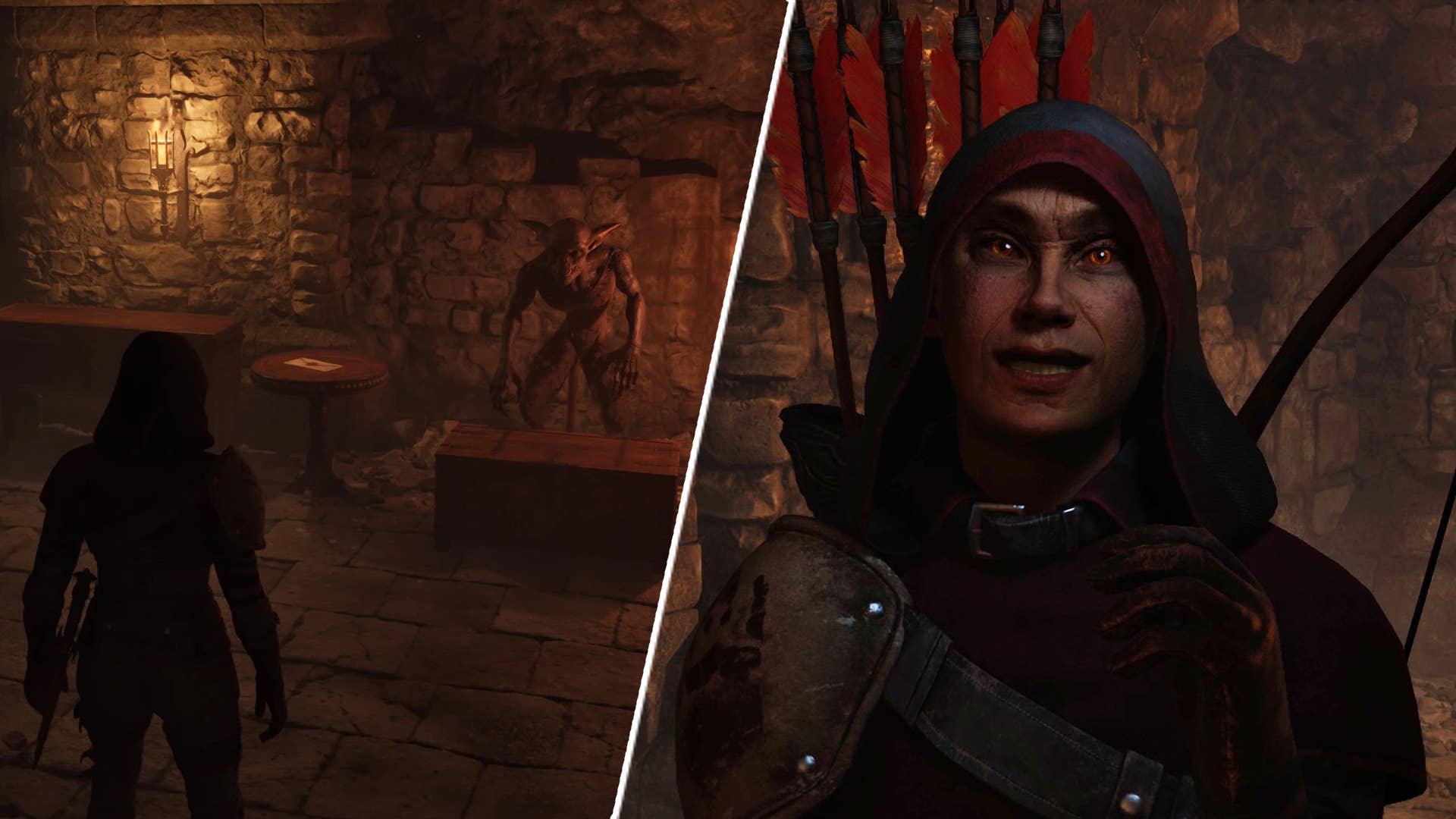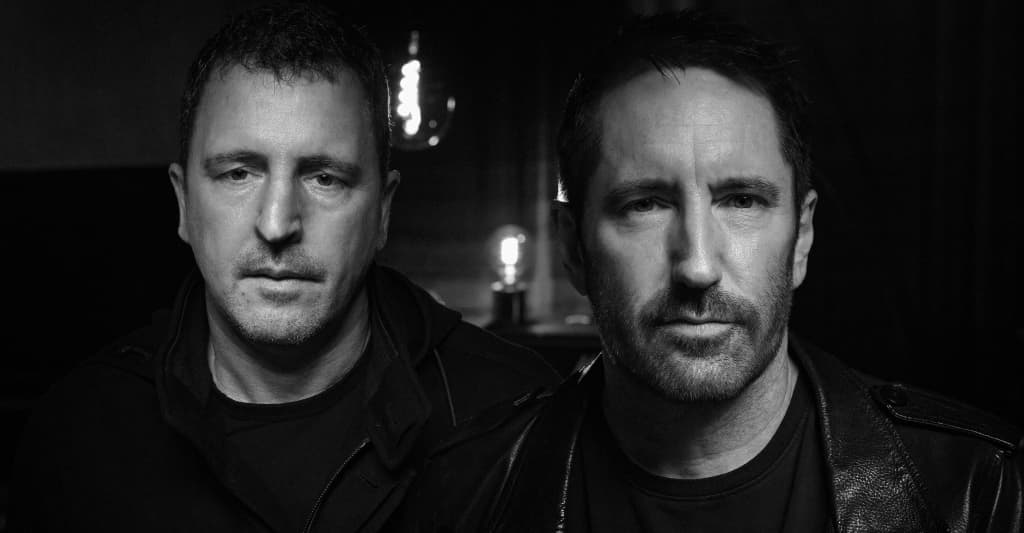Two Prosecutors review – a petrifying portrait of Stalinist insurrection
Cannes film festivalDrawn from a suppressed story by gulag survivor Georgy Demidov, Sergei Loznitsa’s haunting film unravels a terrifying parable of bureaucratic evilAn icy chill of fear and justified paranoia radiates from this starkly austere and gripping movie from Sergei Loznitsa, set in Stalin’s Russia of the late 30s and based on a story by the dissident author and scientist Georgy Demidov, who was held in the gulag for 14 years during the second world war and harassed by the state until his death in the late 1980s. The resulting movie, with its slow, extended scenes from single camera positions, mimics the zombie existence of the Soviet state and allows a terrible anxiety to accumulate: it is about a malign bureaucracy which protects and replicates itself by infecting those who challenge it with a bacillus of guilt. There is something of Dostoevsky’s The House of the Dead and also – with the appearance of two strangely grinning, singing men in a railway carriage – Kafka’s The Castle.Loznitsa moreover allows us also to register that the wretched political prisoner of his tale is a veteran of Stalin’s brutal battle to suppress the Ukrainian nationalist Symon Petliura. And given the nightmarish claustrophobia and disorientation in the scenes in cells, official corridors, staircases and government antechambers, there is maybe a filmic footnote in the fact that Demidov worked for the scientist Lev Landau, the subject of Ilya Khrzhanovsky’s huge and deeply pessimistic multi-movie installation project Dau in 2020. The first prosecutor of the title is Kornyev, played by Aleksandr Kuznetsov, an idealistic young lawyer, given a startlingly early promotion to a state prosecutor role – his beardless youth fascinates and irritates the grizzled old time-servers with whom he comes into contact. He has received a bizarre “letter” from Stepniak (Aleksandr Fillipenko) an ageing and desperately ill high security prisoner in Bryansk – written in blood on a piece of torn cardboard (which has escaped the bonfire that prison authorities make of protest letters like these). The letter alleges that the security services, the NKVD, are without reference to the rule of law, using the prisons and judicial system to torture and murder an entire older generation of party veterans like him, to bring in a fanatically loyal but callow and incompetent cohort of Stalin loyalists. The prison authorities make the politely persistent Kornyev wait hours before being allowed to visit Stepniak in his cell, transparently hoping he will just give up and go away – Loznitsa shows this weaponised inertia is the traditional official approach to petitioners everywhere in the Soviet Union. Continue reading...
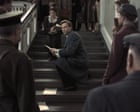
Cannes film festival
Drawn from a suppressed story by gulag survivor Georgy Demidov, Sergei Loznitsa’s haunting film unravels a terrifying parable of bureaucratic evil
An icy chill of fear and justified paranoia radiates from this starkly austere and gripping movie from Sergei Loznitsa, set in Stalin’s Russia of the late 30s and based on a story by the dissident author and scientist Georgy Demidov, who was held in the gulag for 14 years during the second world war and harassed by the state until his death in the late 1980s.
The resulting movie, with its slow, extended scenes from single camera positions, mimics the zombie existence of the Soviet state and allows a terrible anxiety to accumulate: it is about a malign bureaucracy which protects and replicates itself by infecting those who challenge it with a bacillus of guilt. There is something of Dostoevsky’s The House of the Dead and also – with the appearance of two strangely grinning, singing men in a railway carriage – Kafka’s The Castle.
Loznitsa moreover allows us also to register that the wretched political prisoner of his tale is a veteran of Stalin’s brutal battle to suppress the Ukrainian nationalist Symon Petliura. And given the nightmarish claustrophobia and disorientation in the scenes in cells, official corridors, staircases and government antechambers, there is maybe a filmic footnote in the fact that Demidov worked for the scientist Lev Landau, the subject of Ilya Khrzhanovsky’s huge and deeply pessimistic multi-movie installation project Dau in 2020.
The first prosecutor of the title is Kornyev, played by Aleksandr Kuznetsov, an idealistic young lawyer, given a startlingly early promotion to a state prosecutor role – his beardless youth fascinates and irritates the grizzled old time-servers with whom he comes into contact.
He has received a bizarre “letter” from Stepniak (Aleksandr Fillipenko) an ageing and desperately ill high security prisoner in Bryansk – written in blood on a piece of torn cardboard (which has escaped the bonfire that prison authorities make of protest letters like these). The letter alleges that the security services, the NKVD, are without reference to the rule of law, using the prisons and judicial system to torture and murder an entire older generation of party veterans like him, to bring in a fanatically loyal but callow and incompetent cohort of Stalin loyalists.
The prison authorities make the politely persistent Kornyev wait hours before being allowed to visit Stepniak in his cell, transparently hoping he will just give up and go away – Loznitsa shows this weaponised inertia is the traditional official approach to petitioners everywhere in the Soviet Union. Continue reading...

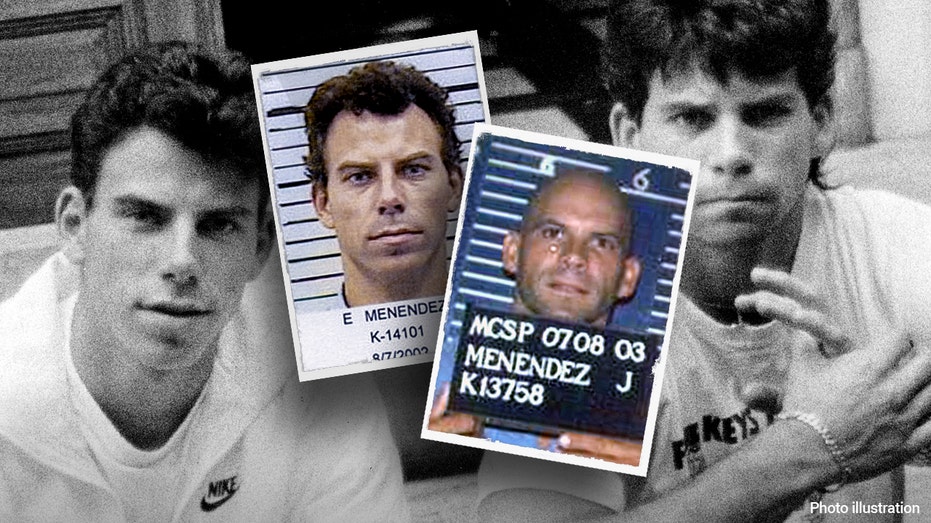

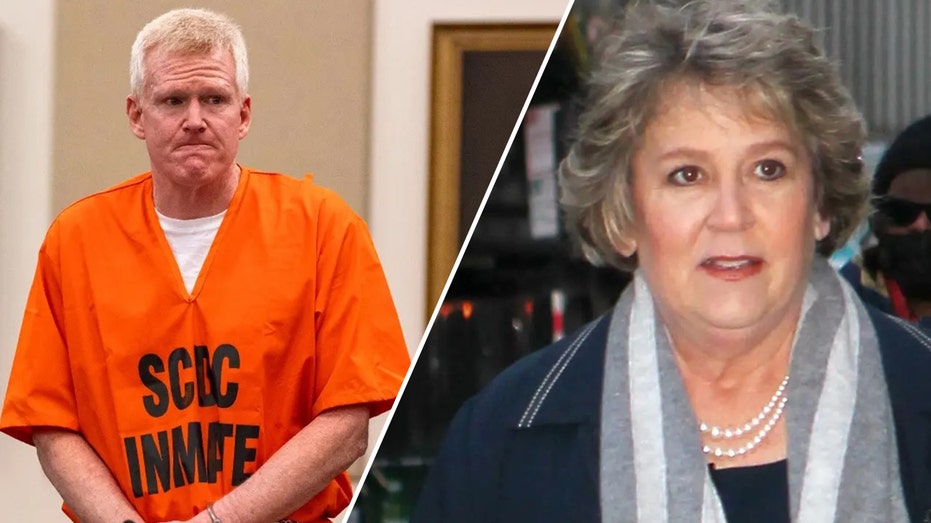













_Gang_Liu_Alamy.jpg?width=1280&auto=webp&quality=80&disable=upscale#)

_KristofferTripplaar_Alamy_.jpg?width=1280&auto=webp&quality=80&disable=upscale#)





